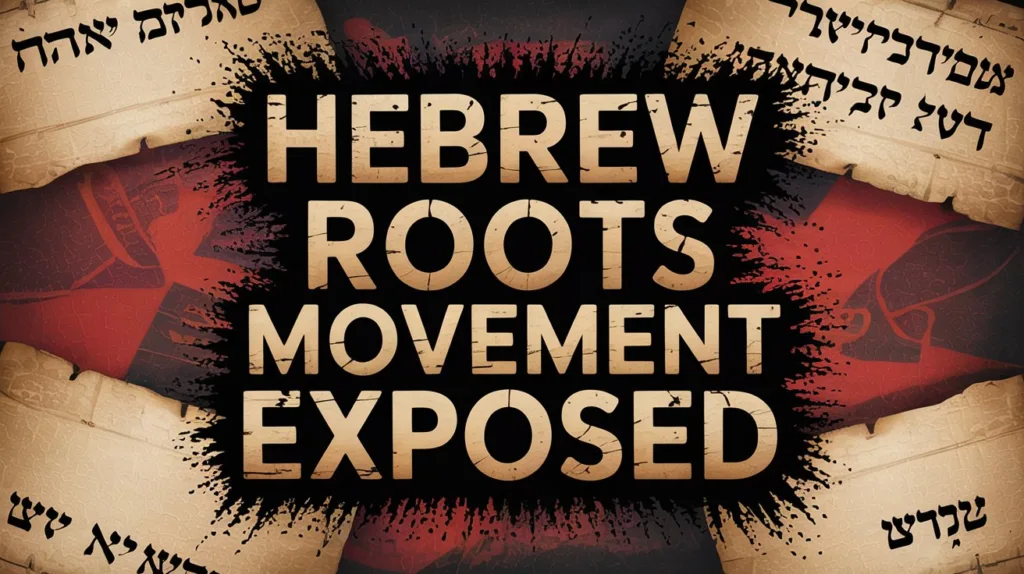Paul shaved his head as part of fulfilling a vow, likely a Nazirite vow or a personal act of dedication and thanksgiving to God. This practice, while not required under the New Covenant, reflected Paul’s Jewish background and his willingness to honor God through culturally recognized expressions of devotion.
“He had his hair cut off at Cenchrea, for he had taken a vow.”
(Acts 18:18)
The cutting of hair was associated with completing a Nazirite vow, outlined in Numbers 6. Nazirites voluntarily separated themselves to the Lord for a period of time, abstaining from wine, avoiding corpses, and not cutting their hair. At the end of the vow, they shaved their head and offered sacrifices at the temple.
“Then the Nazirite shall shave his consecrated head… and shall offer it as a sacrifice of a peace offering…”
(Numbers 6:18)
Though the text in Acts does not specifically call Paul a Nazirite, the pattern fits. He likely took a vow either of thanksgiving, dedication, or seeking the Lord’s intervention. Paul, though an apostle of the Gentiles, still observed certain Jewish customs, not for righteousness, but for the sake of witness and connection.
Paul later demons/”>demonstrated this again in Jerusalem, when he joined four men in completing their vows to show he was not forsaking the law:
“Take them and be purified with them, and pay their expenses… that all may know that those things of which they were informed concerning you are nothing…”
(Acts 21:24)
Paul never taught that the law justified anyone. He made clear:
“For Christ is the end of the law for righteousness to everyone who believes.”
(Romans 10:4)
Yet he was willing to follow non-binding Jewish customs when it served the gospel:
“To the Jews I became as a Jew, that I might win Jews…”
(1 Corinthians 9:20)
Paul’s vow and shaving of his head were personal, voluntary, and consistent with his mission, to serve Christ and reach both Jews and Gentiles without compromising truth.





 Get the book that teaches you how to evangelize and disarm doctrines from every single major cult group today.
Get the book that teaches you how to evangelize and disarm doctrines from every single major cult group today.